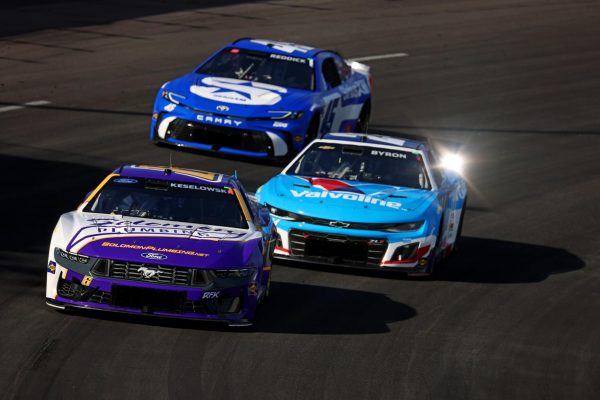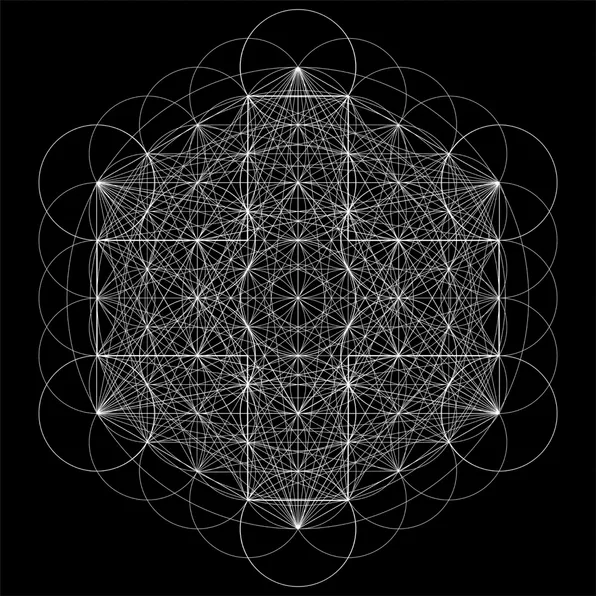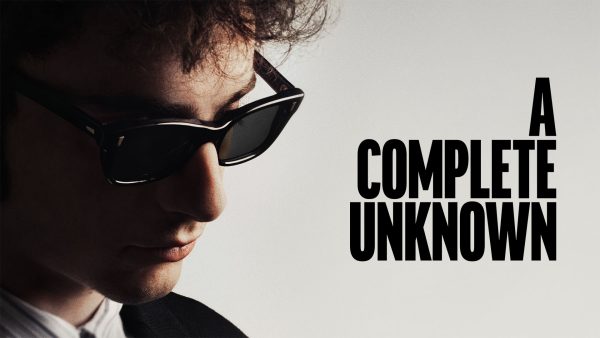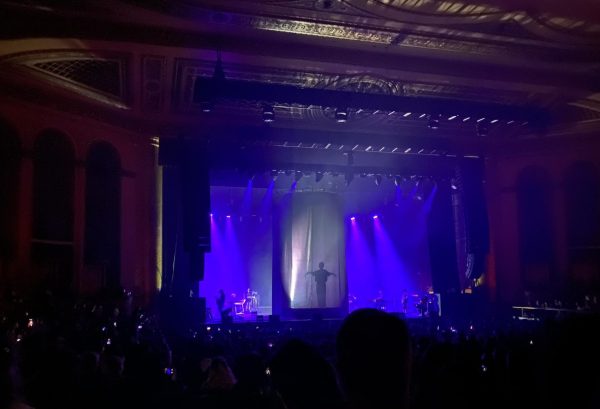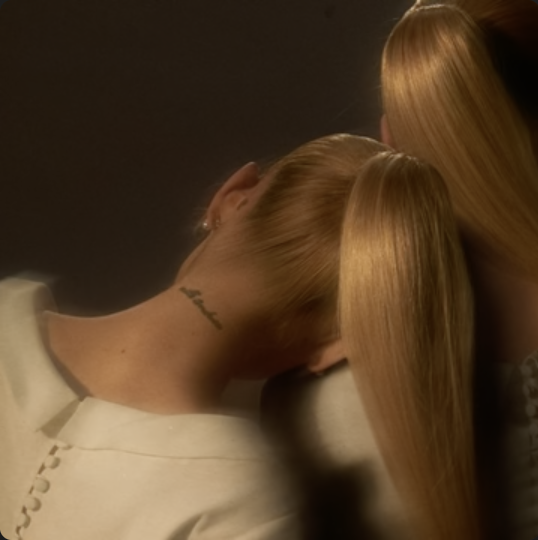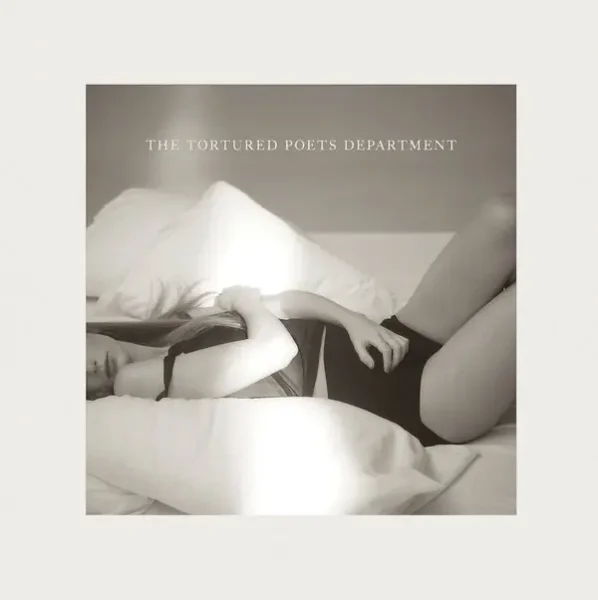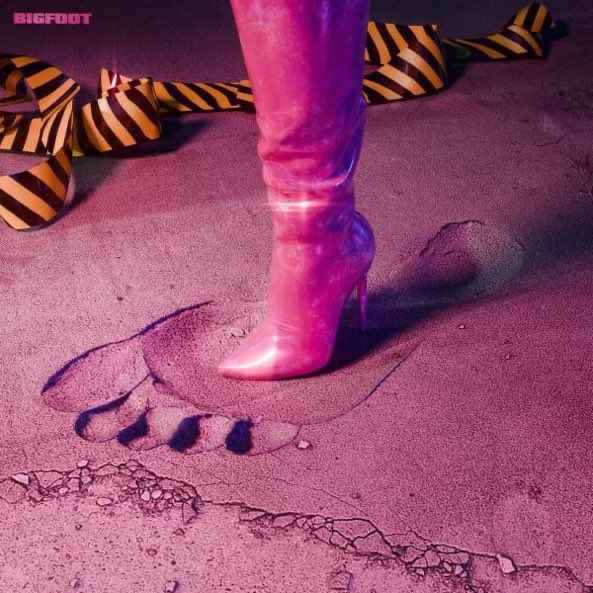Periphery, “Clear”
It’s a rarity that such a young band can make such a large impact on the music industry in so little time on the scene. Even rarer are bands who can reach out to their audience and establish a following with their entire catalog of music in their first few years; a group of true companions who have influenced listeners even before they realize they musically have room to grow, those who worked hard to even get a chance to be in the spotlight. Maryland-based progressive metal band Periphery, who made their debut very recently in mid-2010, already pioneering the now-famous “djent” guitar playing style, is one of those unique ensembles. Popular among both casual metal fans and music enthusiasts alike, Periphery may have already secured their spot as the most hyped new band in the underground community this current decade.
After two critically acclaimed studio releases, “Periphery” in 2010 and “Periphery II: This Time It’s Personal” in 2012, the dynamic six-piece is already back with their third album “Clear”, which is currently available for streaming online and comes to stores on January 28th. “Clear” is an album with a backstory just as interesting as the music itself.
Although it is (if barely) long enough to be considered an album at just under 30 minutes, it is officially classed as neither an album nor an EP, as the band considers it an experimental recording separate from their main discography due to its unique concept; out of the 7 songs on the album, 6 of them were written exclusively by one member of the band each: vocalist Spencer Sotelo, guitarists Misha Mansoor, Jake Bowen, and Mark Holcomb, bassist Adam “Nolly” Getgood, and drummer Matt Halpern. According to Spencer, this was done to show off the unique writing styles of each member of the band.
The opening track “Overture” is one of three instrumental songs on the album, and is the only track to be written by all the band members. It contains a lot of beautifully written piano sections, showing off the group’s softer side, setting up listeners for the forthcoming songs, which is very fitting to the song’s title. Jake’s song, “The Summer Jam”, is heavily influenced melodically by the late Michael Jackson, which is an element that, while sounding quite out of left field, is very interesting to hear, especially from a metal band. Showcasing its melodicism and unusual influences, “The Summer Jam” may be one of Periphery’s most unique songs to date.
“Feed the Ground”, Matt’s song, features soaring verses and an absolutely bombastic chorus that will worm its way into your head and stay there for days and days. The recurring main riff is absolutely crushing, skyrocketing right into whatever brand of headphones the listener is using like a sledgehammer. You won’t expect its impact to come from where it comes from, but any headbanger will be glad when the fury is unleashed. “Feed the Ground” may not be the most mind-bending or complex song in Periphery’s discography, but it is certainly one of their catchiest.
“Zero”, which is written by Misha, is the closest thing to a typical Periphery song on the album, being an instrumental featuring crushing palm-muted guitar riffs, multiple patterns and notes per measure, and the signature polished, modern production that defines the band’s signature sound. But with Misha being the driving force behind the band since their inception, it’s no wonder “Zero” takes the cake for the closest thing to the Periphery fans have come to expect. Unsurprisingly, this is the song that established fans should start out with.
Spencer is the writer behind “The Parade of Ashes”, which is driven by a bouncing rhythm reminiscent of 1990s industrial rock music. It is yet another ultra catchy number that might get some listeners singing along to it. Along with “The Summer Jam”, this is one of the standout tracks on the release, but for other reasons, including the breakdown in the middle of the song that manages to be different yet still remain a cohesive unit with the rest of the track.
“Extraneous” was written by Adam, and is the third and final instrumental. Running at just over 3 minutes, it is one of the shortest songs on the album, but includes interesting riffs and ideas that make the song seem longer. It is less musically complicated than “Zero” due to Adam sharing a different writing style, instead being more aggressive and more streamlined in structure and vibe. The closing track, “Pale Aura”, which is Mark’s song, is easily the heaviest song across the album’s 29 minutes, being the only song with prevalent screamed vocals in the verses, and featuring the fastest drumming at parts. The melodies make for an excellent closing track, ending the experimental album on a high note.
As a unit, the album has no genuine weaknesses, but it is not for everybody. Compared to Periphery’s previous two albums, it is poppier, musically safer, much different in sound, and may be too little for music elitists to wrap their heads around; at only half an hour in length, it feels very short and will leave Periphery fans wanting much more, and while 7 songs is a reasonable amount, only 4 of them feature vocals, and with Spencer being the second biggest force in the band behind only Misha, he doesn’t get very many moments to shine on the album.
But nevertheless, “Clear” is a strong release that has enough bright moments to make it worth more than one listen. Some Periphery fans may be disappointed by it, but those with an open mind should find something to like about it. Despite its short length, it is a very interesting experiment proving that despite the tastes of each band member being vastly different, combined they can create some truly interesting music. It may not be Periphery’s best effort, but with yet another new album titled “Juggernaut” from the band coming later in 2014, it’s solid enough that it should hold fans over for a while. Highly recommended.





